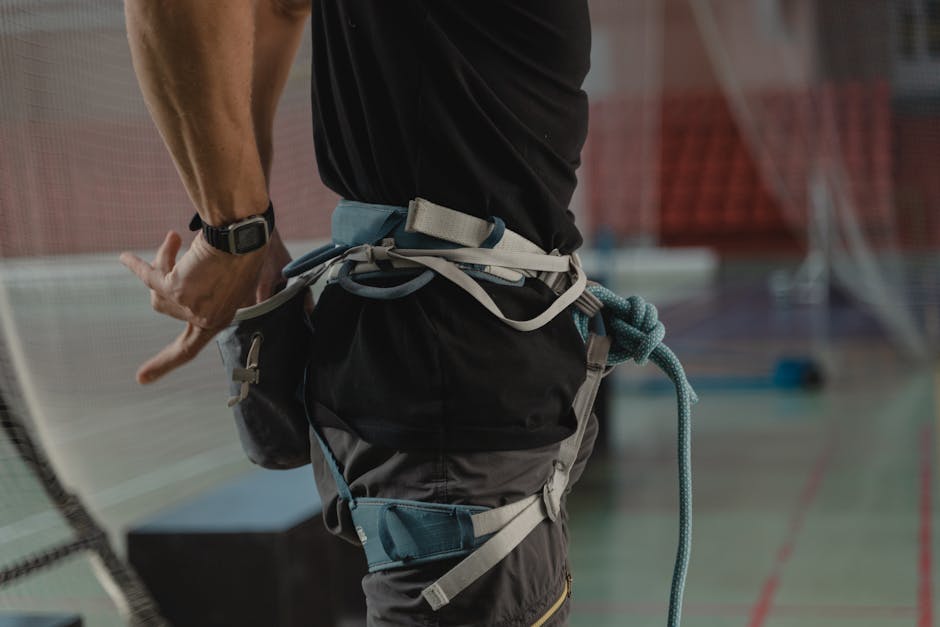Federal Judge Mandates Body Cameras for Homeland Security Agents in Chicago
In a decisive ruling that highlights the urgent need for transparency and accountability in law enforcement, a federal judge has issued a firm directive to the U.S. Department of Homeland Security (DHS): its agents in Chicago must wear body cameras. The judge’s message was unequivocal—this requirement is not a suggestion but a mandatory measure to uphold public trust and protect constitutional rights.
The ruling comes as Chicago grapples with heightened tensions over federal agents’ conduct, particularly following allegations of excessive force and civil rights violations. The decision marks a significant step toward ensuring accountability and fostering trust between law enforcement and the communities they serve.
The Context: A City in Crisis
Chicago, long plagued by gun violence and strained police-community relations, has become a focal point for debates over law enforcement practices. The presence of federal agents, especially from DHS, has drawn criticism from activists and lawmakers who argue their tactics often escalate tensions. Notably, the lack of body cameras on federal agents has been a major point of contention, as it contrasts with local law enforcement agencies that have widely adopted the technology.
Without body cameras, verifying accounts of contentious encounters between agents and civilians has been nearly impossible, fueling mistrust and raising questions about accountability.
The Judge’s Ruling: A Clear Mandate
The judge’s order leaves no room for interpretation. The court emphasized that body cameras are essential for transparency and safeguarding individual rights. Failure to implement this requirement, the judge warned, could further erode public trust and lead to legal challenges against DHS.
“The use of body cameras is not a suggestion; it is a critical component of modern law enforcement,” the judge stated. “The absence of such accountability measures undermines the credibility of federal agents and jeopardizes the constitutional rights of the people they are sworn to protect.”
The ruling also highlighted the success of body camera programs in local police departments, which have helped de-escalate conflicts, provide objective evidence, and improve community relations.
Mixed Reactions to the Ruling
While DHS has yet to issue an official statement, internal sources suggest potential resistance to the mandate. Critics argue that implementing a body camera program for federal agents, particularly in high-pressure situations, could be logistically challenging and costly. Others fear the directive might infringe on agents’ operational autonomy.
Conversely, civil rights advocates and community leaders have applauded the decision as a crucial step toward accountability. “This ruling sends a powerful message that no one is above scrutiny,” said a spokesperson for a local civil rights organization. “Body cameras are a proven tool for ensuring that law enforcement acts with integrity and respect for the communities they serve.”
What’s Next for Chicago and DHS?
The court has set a deadline for DHS to present its plan for implementing the body camera requirement. The agency’s response could set a precedent for other federal law enforcement agencies nationwide.
For Chicago residents, the ruling offers hope in the ongoing fight for justice and transparency. As the city navigates its complex relationship with law enforcement, the mandate for body cameras underscores that accountability is not optional—it is essential.
In the judge’s words, “Transparency is the cornerstone of trust. Without it, the foundation of public safety crumbles.”




